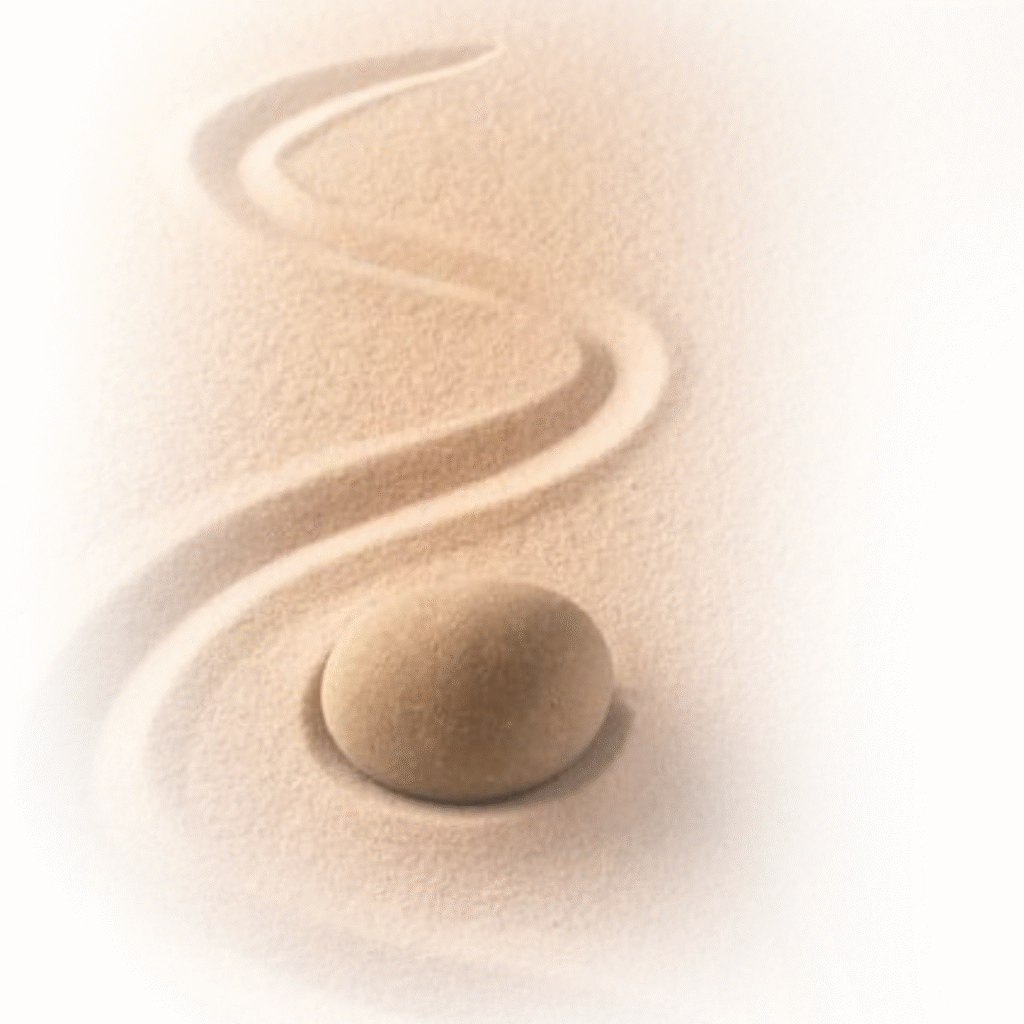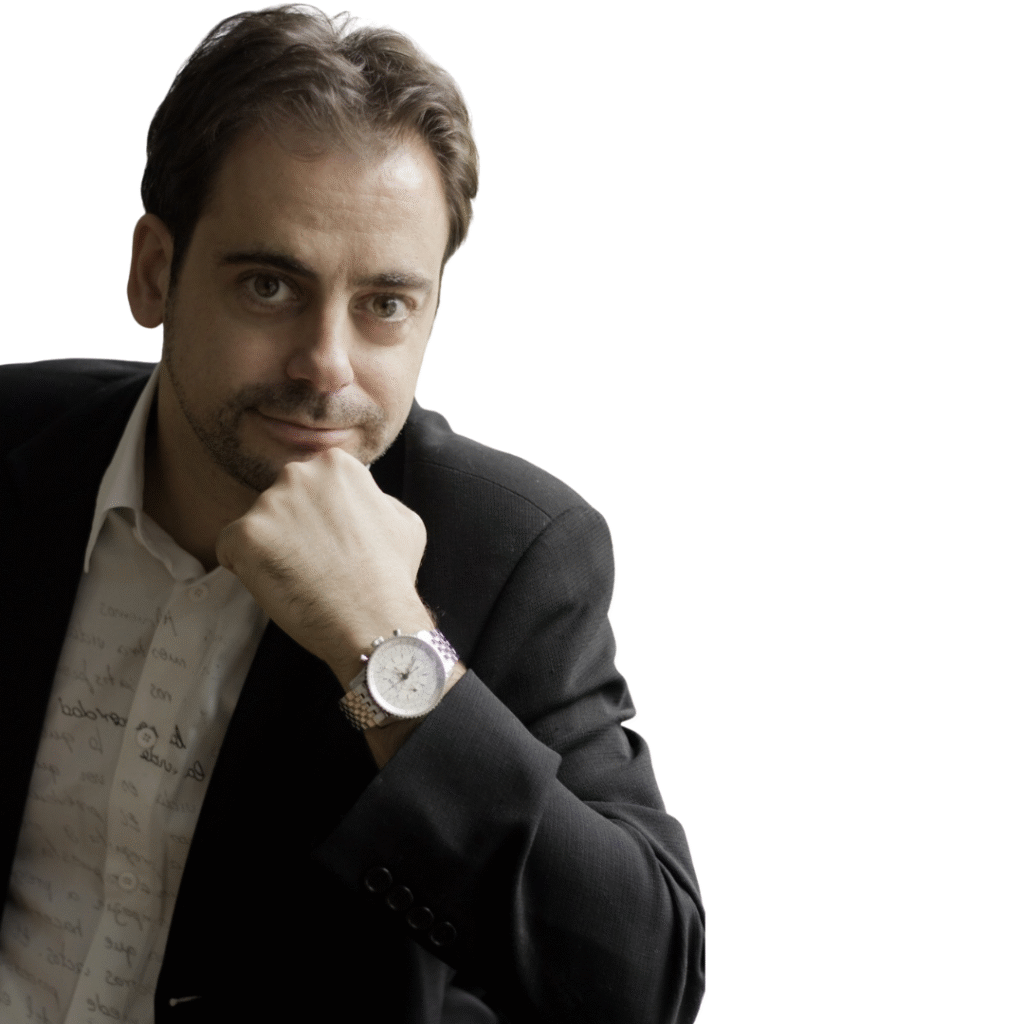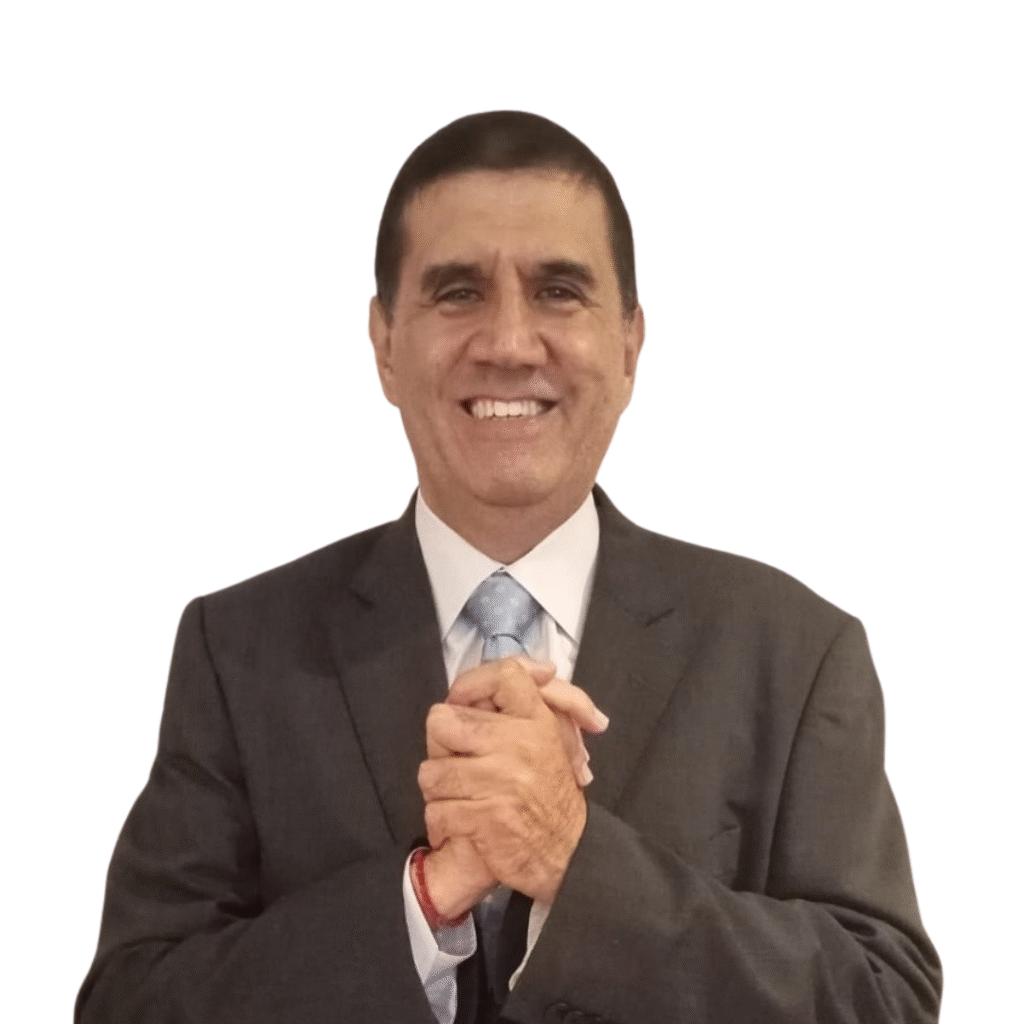When the present becomes a refuge
In the midst of the daily whirlwind — tasks, commitments, never-ending to-dos — it seems almost subversive to pause. However, stopping is not a waste of time, but a way to reclaim it. “The real voyage of discovery consists not in seeking new landscapes, but in having new eyes,” Marcel Proust recalled. And that is precisely the initial invitation of this journey guided by our co-founder Ursula Pfeiffer: to rediscover the present as one rediscovers their own face in the mirror.
Mindfulness — awareness or full attention — does not require exotic settings or impossible silences. A few minutes of intention, a space to breathe calmly, and a kind disposition towards ourselves are enough. “Remember to treat yourselves with kindness and compassion. You will get distracted, it’s normal. The important thing is to return gently,” says Ursula.
The practice begins with a visualization exercise in which breathing guides our attention towards the body. In that loving contemplation, we observe ourselves as if we were looking at someone we deeply love. “Recognize your own heart. Thank it for allowing you to live and experience emotions like hope, love, longing.” There is no judgment, only tenderness. There is no goal, only presence.
Seeing the everyday with new eyes
The second proposal invites us to change lenses. Inspired by Tim Robbins’ quote — “Identify your problems, but focus your power and energy on the solutions” — we explore how a routine task can transform into a practice of mindfulness.
Cleaning, cooking, organizing… far from being activities that only exhaust, they can become doors to the now. “Be present in the activity. Pay attention to the smells, the sounds, the textures,” suggests Ursula. Feeling the rhythm of the mop, the sound of the sauté, the aroma of the detergent. Looking not only at what we do, but how we do it, and discovering a space for ourselves within it.
This shift in perspective — from the imposed to the chosen — has a silent but powerful impact: it restores meaning to the simple and reconciles us with our daily lives.
Permission to feel
In a culture obsessed with “being well,” the third letter proposes a liberation: “True freedom is freeing ourselves from the demand to feel good all the time,” says spiritual instructor Adyashanti.
How many times do we pretend to be well to avoid discomfort? How many times do we silence our sadness or discomfort for fear of disappointing? “Accepting how we feel, whether good or bad, is respecting ourselves,” Ursula reminds us.
The associated exercise is a visualization in which we imagine a safe place — a beach, a forest, a mountaintop — and give ourselves permission to feel at peace. Without duties, without masks. Just us, present. That symbolic place we can return to whenever the outside world demands too much or the inner world needs a hug.
Being ourselves: the greatest achievement
“To be yourself in a world that is constantly trying to make you something else is the greatest accomplishment,” said Ralph Waldo Emerson. This statement leads to the fourth reflection, focused on authenticity and the often invisible challenges of maintaining our voice in an environment that shapes us from childhood.
“I’m not referring to correcting acts of violence or aggression. I’m referring to how even from a young age we are told how to speak, how to comb our hair, how to move, how to be,” Ursula explains. And she adds: “Many times we avoid conflict because we have been taught to be silent to maintain peace, but constantly silencing ourselves is also a form of aggression towards ourselves.”
The associated practice proposes a visualization centered on the throat, a symbolic place of the voice. As we inhale, we imagine a blue light filling us with health and clarity. As we exhale, we let go of shame, guilt, fear. “The world needs your voice because your voice is unique and valuable,” says Ursula. Freeing our voice is not only an act of self-expression, it is also a form of healing.
Unplug to reconnect
To close the session, a quote from Anne Lamott: “Almost everything will work again if you unplug it for a few minutes, including you.” Turning off your phone, taking a breath, taking a break is not a luxury: it is a basic self-care need. An emotional reset that allows us to inhabit our lives with greater clarity, presence, and gratitude.
Every exercise, every thought shared in this first installment does not seek perfection or promise a magical transformation. What it offers is something deeper: the permission to return to yourself, unhurriedly, without demands, with the gentleness you deserve.
Watch the complementary episode “A Journey of Mindfulness and Self-Care – Week 1” on our YouTube channel:https://youtu.be/fwHsstdS_g4


